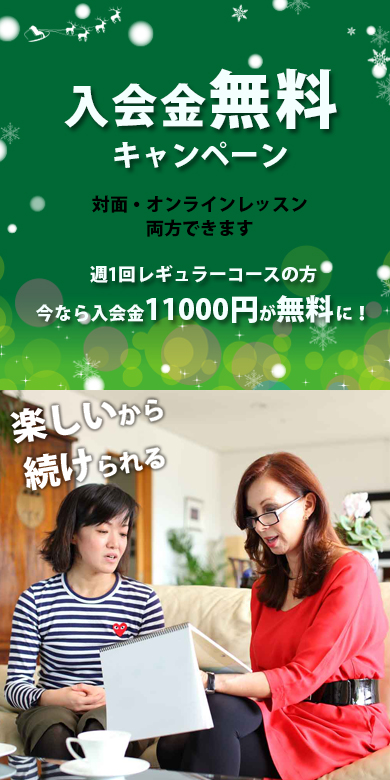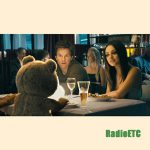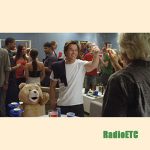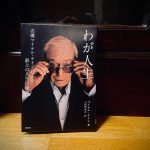擬声語(onomatopoeia)~英語と日本語の違い
100118.mp3 (5分20秒)
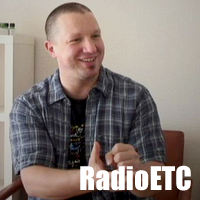 どうしても英訳できない日本語に出逢ったことはありませんか。「ぴんぴん」「がんがん」「がみがみ」などの擬態語です。プロの翻訳家としても活躍されているロバート先生(ETCマンツーマン英会話)のお話しをお聞きしました。
どうしても英訳できない日本語に出逢ったことはありませんか。「ぴんぴん」「がんがん」「がみがみ」などの擬態語です。プロの翻訳家としても活躍されているロバート先生(ETCマンツーマン英会話)のお話しをお聞きしました。
■出演 ・ロバート先生(ETCマンツーマン英会話)
■聞き手 ・青樹洋文
These are the sound words. A sound word itself — the phrase “sound word” — is very simple way of saying it. But it’s a general way, so it’s safe way, it’s an easy way, to talk about these words. The correct word is in English is “onomatopoeia”. It’s very long. Yes, onomatopoeia.
And that means…the same, it’s, OK, “sound words”. In Japanese you divide that into 2 categories: 擬音語 and 擬態語, right? There are words in English, that have both meanings, 擬音語 and 擬態語, but they are extremely, extremely specialized words. So you know, if we say the general, maybe it’s difficult again to say, but I guess if you have a college, let’s say, we have a college education in Japan, you know, you know what is 擬音語, 擬態語, or you should, right? In America, if you have a college education, or a good high education, you know what is an onomatopoeia. It’s sound word. You know that word. But you don’t know, or you don’t differentiate between 擬音語 and 擬態語. It’s not considered…the level of basic knowledge regarding sound words, you can say in Japan, even at a general level of knowledge, the average college graduate, we know what is the category of word, and what is this category. In America we just say, OK, it’s a sound word. It’s generalized into one thing. So that was, I think, one of the [main] points.
So, yes. This category of sound words in Japanese is actually a major category. You know. If someone want to master Japanese, they need to become really serious about that. They do! You know. If you take the 日本語能力試験 right, there is a category of sound words. Sure, sure. Just like, you know, you have a grammar section, you have a vocabulary section, there’s, I think, a 四字熟語 section as well, of course, and then there will be a small part of a lot of those [sound] words, on it, and I think the reason is obvious, because they are a such big part of Japanese language.
There are some differences between them…there are a lot of differences. We can say basically: the frequency, how many times we use this word, it is just a lot in Japanese. Also the age range of people who use them, these words are used by even, you know, people, young, infants learning to speak Japanese, very young children, until even adults. These are used by everyone.
Maybe in America, sound words, the older we get, the less we use them. They are not considered only for young people, but you know, a lot of the words we would use the sound words to describe when we are speaking Japanese, we wouldn’t use the sound in English. We would just say what happened, right?
◆使用楽曲 (BGM) “Soft” of TON from jamendo

